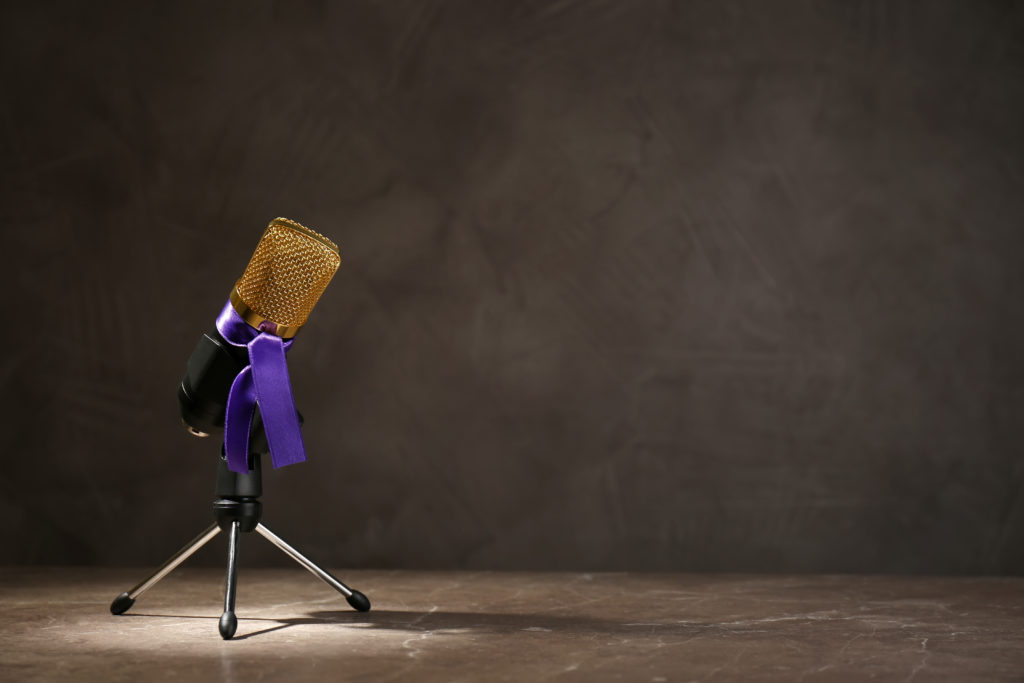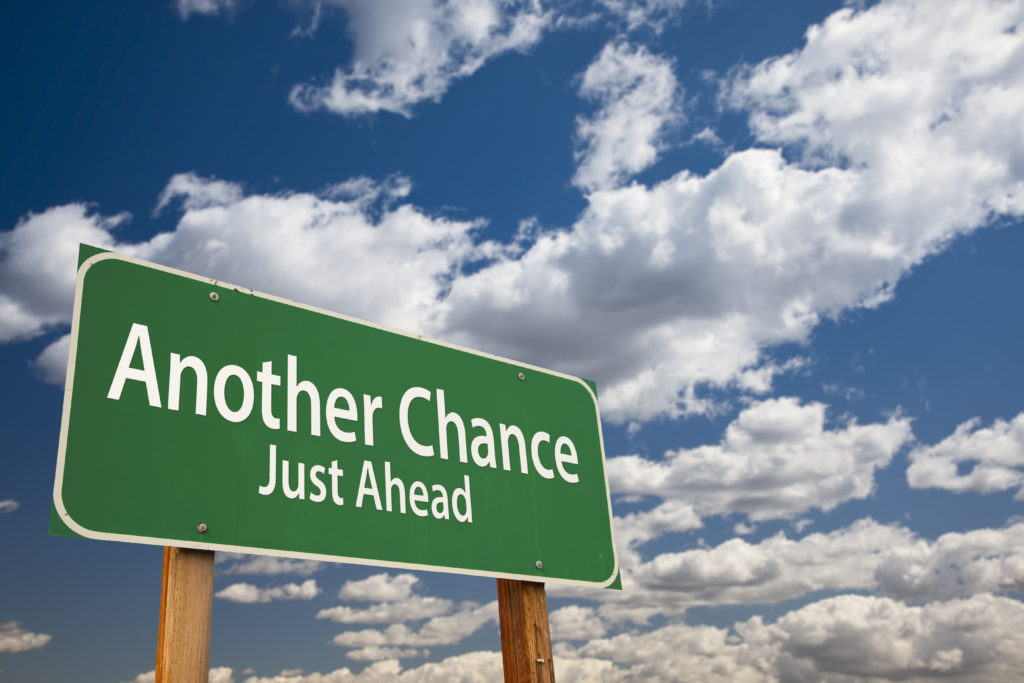
This article is about Domestic Violence. As the writer behind the veil, I admit, this is a tough topic. Not just because of how real this issue is to myself and millions of families, but because it deserves something special I learned from matriarchs in my family – compassion with intention. This compassion is not stagnant. It requires endurance and forward momentum, especially through rough waters.
When I even think about how to start this, my stomach boils and I get angry.
I know I’m angry due to the help of a lot of therapy. Because guess what? We all express anger, it just doesn’t always look like the typical, red-faced ear steam we see in cartoons. Anger is a natural human emotion, but one we must ask ourselves, “Do I own this emotion, or does it own me?” Sometimes it’s explosive, and other times it’s slow and precise. For some, it’s violent. We can learn to identify it and channel it in healthy ways, but anger, no matter the kind, can also build. And if stagnant anger or trauma builds high enough, people get sick.
Stress is a very literal killer in our society, and no one wants to talk about it.
When it comes to domestic violence, many don’t feel like they can. So, in honor of Domestic Violence Awareness Month, we at Trystology hope to give you a voice – one of support, respect, and empowerment. Whatever, wherever, and whoever you are, you deserve safety, kindness, and the comfort of your home. You deserve peace, not just in your surroundings, but in your mind. You deserve to see beauty in yourself and the world around you. And you deserve this, right now!
In fact, everyone deserves the fullness of this present moment. If only we all just knew it.
But this shit is just fluff to read when you’re going through it.
If dealing with domestic violence of any kind is part of your daily routine, life becomes walking a tightrope, or trying to live with a gorilla. If that gorilla wants to dance, oh… you’re dancing. You don’t have a choice… right?
But you do. Many choices, in fact.
The first question we collectively need to answer is … What is domestic violence?
Here’s the clearest definition I found:
“Domestic abuse, also called “domestic violence” or “intimate partner violence”, can be defined as a pattern of behavior in any relationship that is used to gain or maintain power and control over an intimate partner. Abuse is physical, sexual, emotional, economic or psychological actions or threats of actions that influence another person. This includes any behaviors that frighten, intimidate, terrorize, manipulate, hurt, humiliate, blame, injure, or wound someone. Domestic abuse can happen to anyone of any race, age, sexual orientation, religion, or gender. It can occur within a range of relationships including couples who are married, living together or dating. Domestic violence affects people of all socioeconomic backgrounds and education levels.”
Yes, this is how the United Nations defines it. I can’t think of a better way to put it. And domestic violence cases have been on the rise across the nation since Covid-19 began. But why? Why, does this very human inevitability of victim and villain exist? Why do human beings hurt each other… when they love each other? Even once?
The fact is, many of us didn’t see great examples of healthy love and affection as children. So enter, center-stage, generational trauma.
Life has a funny way of meeting our expectations, doesn’t it? Even as children, we mimic the world around us as we establish understandings of our world. If domestic violence is part of a child’s upbringing, then domestic violence is an aspect of their reality as well. And the cycle repeats. Over, and over again.
But what if we could expect… better? And we didn’t have to do it alone?
This month, Trystology had the honor of speaking with Laura Morales, the Housing Services Manager at The Coalition for Family Harmony here in Ventura. The Coalition is a registered 501c3 providing direct services to victims of domestic violence and sexual assault.
As we all spoke about this month, it felt like we all knew who and what we were looking at. Women who had been there. You could tell by how genuinely everyone listened. Heart listening. We all know the road out isn’t easy. It’s messy, mind, body and soul. It can feel endless. But one day, when we’re looking for the light, the clouds part and the skies clear. You make it, because you believed the sun was coming out again. It also takes a lot of work, and not the heavy lifting kind. The grit kind. The fighting-the-inner-self kind. Real shit.
According to The Coalition, 85% of victims are women, but their records only account for those who have come forward. According to California State statistics, over 30% of both men and women have been the victims of abuse, but again… these are just the reports.
We’ve clearly defined domestic violence, but what about other words commonly associated with it, like having a toxic relationship, or identifying narcissists?
These terms have picked up in their regularity, but what do we mean when we use them?
Toxic Relationship, you’re up first.
Any relationship that continually makes you feel worse rather than better can be considered toxic. Does this always have to include abuse or domestic violence? Strictly, no. Many of us have had toxic relationships. We know because we’ve felt the tethers holding us back, and hopefully make the tough decision to do what’s best for ourselves by fixing the issue or ending the relationship. (Easier said than done? Often, yes.) Can we unintentionally or intentionally victimize ourselves by blowing these incidents out of proportion? Statistically, yes. Many domestic violence claims are due to this alone. Toxic relationships can lead to domestic violence, but don’t inherently involve violence of any kind. A square can be a rectangle, but a rectangle isn’t a square.
Now you, the narcissists.
This word has caught on like wildfire, which is unfortunate, because narcissism is a diagnosable thing. The world is full of assholes, and we all have bad days. But not every asshole is a narcissist. I suppose the square/rectangle analogy applies here too.
According to the Mayo Clinic, Narcissistic Personality Disorder is defined as, “a mental condition in which people have an inflated sense of their own importance, a deep need for excessive attention and admiration, troubled relationships, and a lack of empathy for others. But behind this mask of extreme confidence lies a fragile self-esteem that’s vulnerable to the slightest criticism.”
And this very real sickness puts millions of people in danger each year, including the narcissist themselves. Narcissists often seek comfort in the illusion of ultimate control over everyone and everything around them. Many who suffer from this disorder witnessed horrors growing up and didn’t learn how to deal with any of it. These offenders can recover by taking classes and seeking therapy, but are often in denial or are too ashamed to do so on their own. That’s why states mandate that abusers attend classes and seek therapy, to limit repeat offenders within the system. Again, narcissists can be incredibly dangerous to themselves and others over time, so the psychological illness, when referenced, should be taken seriously.
So how can we bring light to this issue as a community? How can we provide safe space for victims of domestic violence and abuse respectfully? How can we encourage offenders to heal?
Remember?!
Compassion with intention. We forge forward to look at the stuff we’ve swept under the rug for too long, and decide to clean house. We teach ourselves to expect better than we’ve learned and we forgive ourselves. A call to the The Coalition in Ventura is a great start, but if you’re not in the Ventura community, here’s a list of NGO’s and safe houses near you.
The Coalition for Family Harmony – Ventura, CA
Greater California Domestic Violence Shelters Near You
Country Wide Safe Houses and Resources
Know this, whoever you are. You are not alone. Millions of men and women stand beside you. Help is out there. I remember an ah-ha moment I had after my own brush with domestic violence. I sat in a park and thought about victims and villains. These archetypes are so familiar to us, we forget they exist to express polarity. In my story, I had learned all intimate partners were villains, so inherently I was the victim. As time and healing passed by, I saw myself as neither. I saw myself as learning, nothing more. That acceptance has made all the difference.
“Never forget that walking away from something unhealthy is brave even if you stumble a little on your way out the door.”

